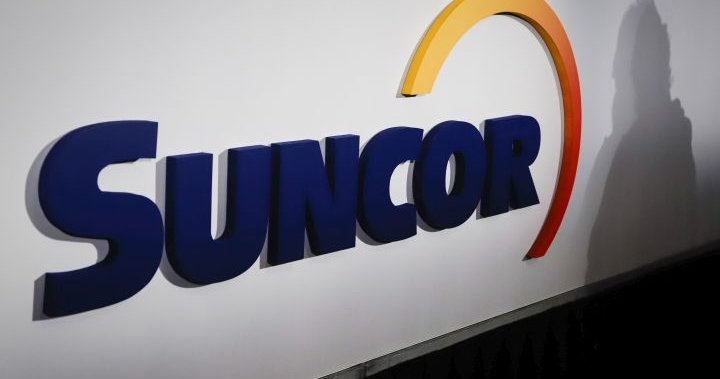
Suncor’s safety record in spotlight as activist investor calls for change
Global News
A string of fatalities at Suncor Energy Inc. has caught the attention of investors who view workplace safety breaches as a warning sign of deeper problems within a company.
A string of fatalities at Suncor Energy Inc. has caught the attention of investors who view workplace safety breaches as a warning sign of deeper problems within a company.
In a letter to Suncor’s board last week, U.S.-based Elliott Investment Management expressed frustration in what it calls a recent decline in performance at the energy producer.
READ MORE: Activist investor seeking Suncor Energy changes: ‘unlock the value’
The activist investor, which holds a 3.4 per cent economic interest in Suncor including shares and cash-settled derivatives contracts, pointed to the oilsands giant’s lagging share price and recent spate of operational difficulties to make a case for an overhaul of the company’s board and management.
But in addition to criticizing the company’s financial performance, Elliott Investment Management also repeatedly pointed the finger at Suncor’s safety record. Since 2014, there have been 12 workplace deaths at Suncor sites, which Elliott said is more than all of the company’s closest peers combined. (Canadian Natural Resources Ltd., for example, has had four workplace deaths in that period while Cenovus Energy Inc. has had one.)
Highlighting Suncor’s challenges with workplace safety is a good way for Elliott to gain traction with the public and the press as it makes the case for a management change at the company, said Josh Young, chief investment officer and founder of Houston-based, oil and gas-focused Bison Investments.
But there’s more to it than just PR, Young said. While ultimately what investors care about is “money in their pockets,” an unusually poor safety track record can be a warning sign that there are other things going on at a company that could impact the value of an investment.
“From an investor perspective, it’s just indicative of poor management,” Young said. “Well-run companies have good safety track records, and poorly-run companies have bad ones.”





















 Run 3 Space | Play Space Running Game
Run 3 Space | Play Space Running Game Traffic Jam 3D | Online Racing Game
Traffic Jam 3D | Online Racing Game Duck Hunt | Play Old Classic Game
Duck Hunt | Play Old Classic Game











